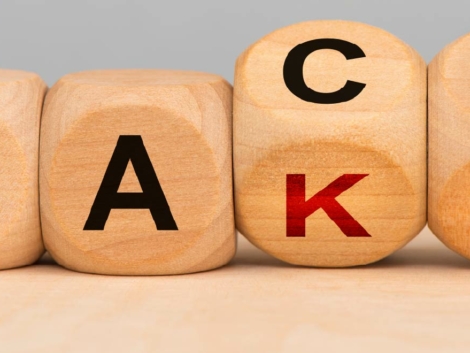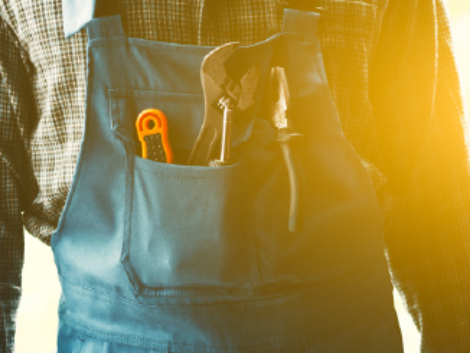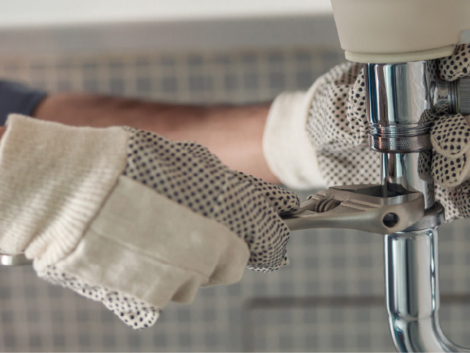When Should You Hire a Plumber?
If you're like most homeowners, you've probably found yourself knee-deep in a DIY plumbing project at least once. You know, that exhilarating yet panic-inducing moment when you realize you're not entirely sure how the pieces fit back together? Or the satisfaction of solving a minor leak only to spot another one three days later? Yep, we've all been there. As much as DIY solutions have their allure, it's essential to know when the plumbing issue at hand requires a professional and it ends up being time to hire a plumber.
Understanding the Basics of Plumbing
Before we dive into the nitty-gritty, it's important to understand some plumbing basics. Plumbing systems are akin to the veins of your house, pumping water to every corner that needs it. Each system in a house, from sinks, showers, toilets, and washing machines, is intertwined in a labyrinth of pipes. And like any system, things can sometimes go awry.
Let me share a personal anecdote here. When I started out as a plumber, I was tasked with helping out a homeowner whose kitchen sink would mysteriously fill with water every night. We discovered that the root cause was a blockage in the shared pipe between the sink and the washing machine. So, every time they'd run a late-night laundry cycle, the water would reroute back to the kitchen sink. Bizarre, right? But that's the kind of issues a complex plumbing system can throw at you!
The question is, when you have these issues how do I know whether or not I can handle it myself or if it's time to call in the big guns! Lets Dive in and talk about it from the perspective of Robert our Nashville plumbing expert.
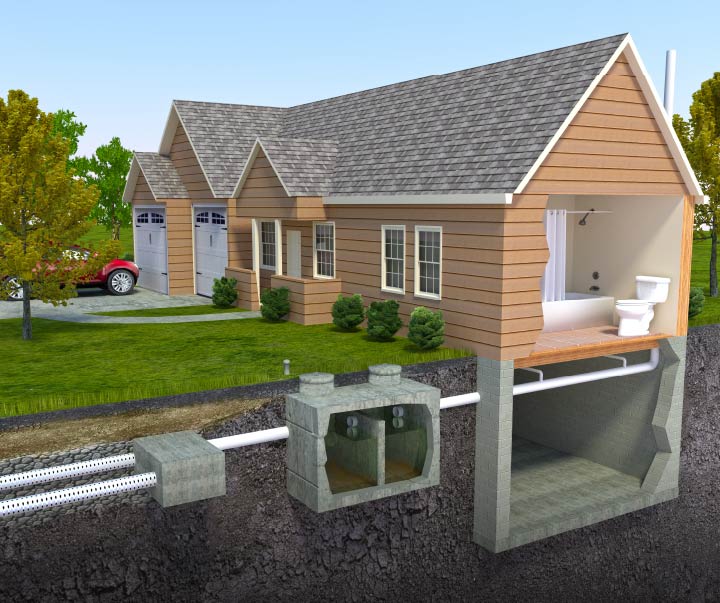
Not all plumbing issues require dialing up your local plumber. Some minor issues can usually be fixed without professional help. Minor clogs, for instance, are usually manageable. If your sink is draining slower than a snail, it’s probably a simple clog. You can typically fix it with a combination of a good plunger and some elbow grease
Leaky Faucet:
While it can be annoying, a dripping faucet is usually not too complex to fix. There are plenty of DIY videos and guides available online that can help. The process generally involves disassembling the faucet, replacing the worn-out part (usually a washer or a cartridge), and reassembling it.
Clogged Drain:
Many people encounter this issue in sinks or showers. Often, clogs can be resolved using a plunger or a plumber’s snake. In the case of a sink, you can even disassemble the P-trap (the curved pipe section under the sink) to remove the blockage.
Running Toilet:
If your toilet is constantly running, it’s usually an issue with the flapper valve that controls the water that passes from the tank to the bowl. A toilet repair kit from a local home
Minor Toilet Clogs:
If your toilet is clogged but not backed up, a good plunging can often clear the clog. However, if the toilet threatens to overflow, or if plunging doesn’t resolve the problem, it’s time to hire a plumber.
Low Water Pressure in a Showerhead:
Over time, mineral deposits can build up in the showerhead, reducing water pressure. Often, simply soaking the showerhead in a solution of vinegar and water can dissolve the mineral build-up and restore normal water flow.
It’s also crucial to know your limits. The line between a minor issue and a major one can be thin, and crossing it without the right expertise can spell disaster (read: a flooded bathroom). That’s when to hire a plumber.
Signs You Need to Hire a Plumber
Knowing when to hire a plumber can be the difference between a minor repair and a major remodel. Some signs are obvious, like a burst pipe spraying water in your basement. But others, like a slowly dripping faucet or a toilet that won't stop running, are easier to ignore. Yet, even these can indicate a need for a plumber.
Persistent leaks or drips, for instance, may signal a bigger issue lurking in your plumbing system. Then there are subtler signs, like a drop in water pressure, which could hint at a major pipe blockage or even a hidden leak. And let's not forget about the lack of hot water. If you're shivering in your shower on a cold morning, it's probably time to call in a professional. I learned this the hard way when my hot water went out in the dead of winter. After three days of icy showers, I finally caved and called a professional. Turned out, the water heater had given up the ghost and needed replacing. Trust me, an icy shower at 6 am is a wake-up call you don't want!
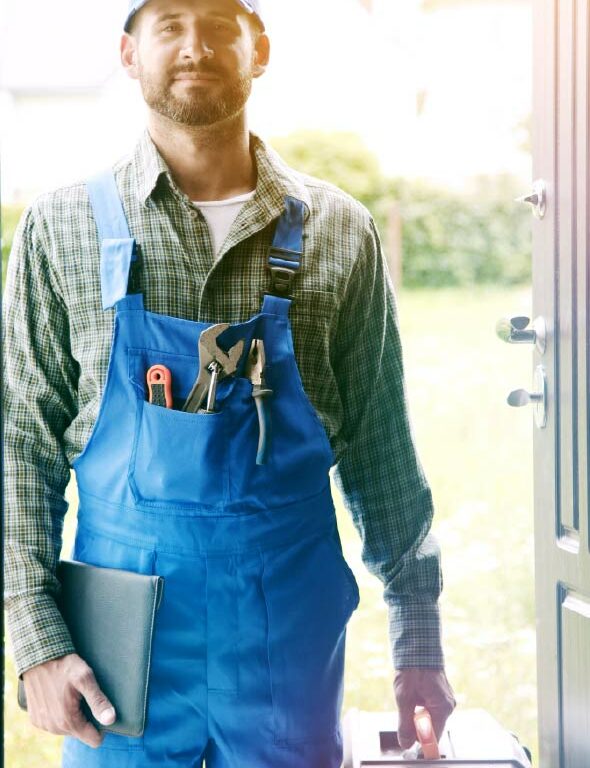
Persistent Leaks:
If you’ve tried to fix a leaky pipe or faucet but the problem persists, or if the leak is coming from an area that’s not easily accessible, you should call a plumber. Persistent leaks could indicate a more serious issue with your plumbing system.
Low Water Pressure Throughout the House:
If you’re experiencing low water pressure in multiple areas of your home and not just from a single faucet or showerhead, it’s a sign of a larger problem in your plumbing system. It could be due to a leak, a blockage in your pipes, or issues with the local water supply.
No Hot Water:
If your water isn’t heating up, it could mean there’s a problem with your water heater. As these involve both water and electricity or gas, they can be dangerous to fix without proper training. It’s best to call a plumber in this situation.
Sewage Smell or Backflow:
If you smell sewage in your home or if sewage is coming up out of drains, it’s a serious problem that requires immediate attention from a professional. This could indicate a blockage or break in your sewer line, which can lead to significant damage and potential health risks.
Major Blockages or Slow Drains:
If multiple drains in your home are slow or blocked, it could be a sign of a blockage in your main drain. DIY methods might not be sufficient to clear this, and attempting to do so could cause further damage. A plumber has the tools and knowledge to handle this situation safely and effectively.
Here are some serious signs that indicate you should hire a professional plumber:
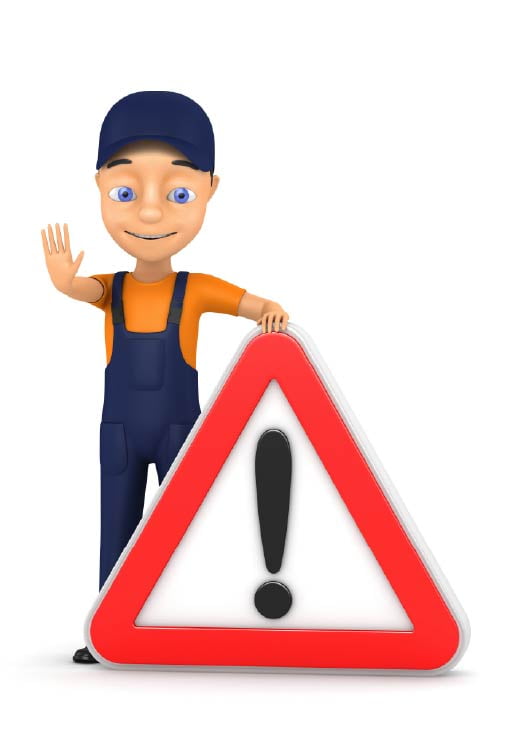
1. Severe Pipe Burst: If a pipe has burst in your home and is causing water to flood into your living spaces, this is a clear sign that you need a plumber. A pipe burst can cause severe water damage to your home and belongings.
2. Frozen Pipes: During the cold months, your pipes may freeze and prevent water from flowing through your home. If not addressed immediately, frozen pipes can burst and cause significant damage.
3. Backed Up Sewer: A backed-up sewer is not only a nuisance but a health risk too. If sewage isn't leaving your home correctly due to a blockage or another issue, it's time to call a professional plumber.
4. No Water: If you suddenly find yourself without water, there could be a severe problem with your main water line. This requires immediate attention from a professional plumber.
5. Water Discoloration: If the water from your faucets is discolored or has an unusual smell, it could indicate a problem with your pipes or your local water supply. You'll need a plumber to diagnose and address the issue.
6. Gas Leak: If you suspect a gas leak, this is a serious situation that needs immediate attention. Gas leaks can be incredibly dangerous and potentially fatal. While your first call should be to 911 or your gas company, a plumber who is certified to work with gas lines should also be called to address the issue.
Remember, any time you're dealing with major water or gas problems, it's important to turn to hire a plumber to ensure the job is done safely and correctly. DIY solutions often only provide a temporary fix and could potentially make the problem worse.
The Dangers of Overlooking Professional Help
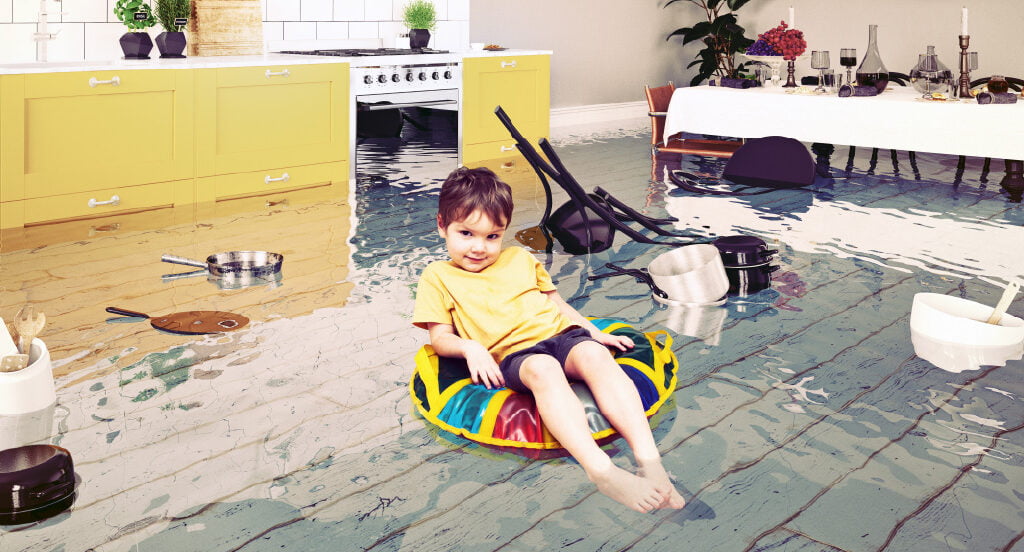
Now, let's talk about the potential pitfalls of postponing that call to the plumber. Once, I visited a friend's house who had ignored a minor leak in their bathroom. It had turned into a full-blown mold outbreak! Not only had the leaky pipe damaged their drywall and flooring, but the mold was also creating a health hazard for the family. Dealing with this aftermath was significantly more stressful, time-consuming, and expensive than addressing the leak when it first started.
Here's the thing: water leaks and blockages don't just fix themselves. They're more likely to escalate, leading to water damage, high repair costs, and potential health risks from dampness and mold. You wouldn't want your home turning into the next "Mold Palace", right? So, don't take plumbing issues lightly. When in doubt, always seek professional advice
So, why should you hire a professional plumber instead of going the DIY route? Let me tell you, there’s more to it than just solving a leak or unclogging a drain. For starters, professional plumbers come with something that no YouTube tutorial can provide – years of hands-on experience. This means we can diagnose and solve a plumbing problem faster and more efficiently than a DIY enthusiast.
Plus, we plumbers come armed with specific tools designed for the job. Ever heard of a pipe cutter or a flaring tool? Probably not, unless you’re in the trade. These tools help us do our job effectively and ensure that the problem is genuinely solved, not just temporarily fixed.
When you hire a pro, you get peace of mind. Most professional plumbing services come with a guarantee, ensuring that if the problem recurs, they’ll be back to fix it without extra charges. Can your DIY skills promise the same?
Now that we’ve established the why, let’s talk about the what – as in, what does the process of hiring a plumber look like? Generally, it starts with a phone call where you explain your problem. The plumber may ask you some questions to assess the situation better. If it’s a common issue, they might be able to provide some immediate guidance over the phone. But for most cases, they’ll schedule a visit to your property to diagnose the problem accurately.
Once on-site, the plumber will evaluate the situation, determine the best solution, and give you a cost estimate. Here’s where you get to ask all your questions – about the process, duration, possible inconveniences, and of course, the cost. Pro tip: always ask if the cost of parts is included in the estimate to avoid surprises later on.
After you give the go-ahead, the plumber will get down to work. Depending on the complexity of the job, it could take anywhere from an hour to a few days. For instance, when I had to replace a sewer line for a client, it took us three days of careful work. But at the end of it, the homeowner was relieved to be rid of the constant sewer backups and bad smells.
So, there you have it -
The ultimate guide to knowing when to hire a professional plumber. Whether it's a small leak that won't quit or a significant plumbing overhaul, knowing when to bring in the pros is critical to maintaining a healthy plumbing system in your home. Ignoring small problems or attempting to solve significant issues on your own can often lead to more harm than good.
When in doubt, it's always a good idea to consult with a professional. Most plumbers will be happy to advise you over the phone. And remember, the cost of a professional plumber is an investment in your property's health and the safety of your family.
So next time you find yourself facing a serious plumbing dilemma, don't ask yourself if you can afford to hire a professional. Instead, ask if you can afford not to!


